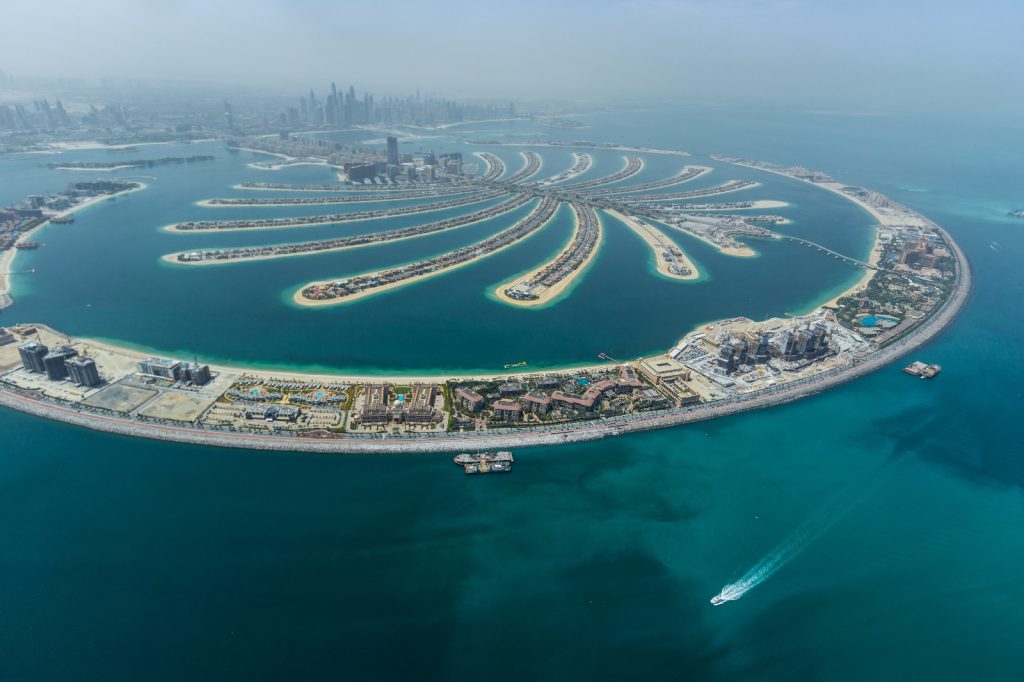Dubai’s recent decision to open 457 plots in prime locations for freehold ownership marks a significant shift aimed at attracting global investors. This initiative spans key areas such as Sheikh Zayed Road, which has 128 plots, and Al Jaddaf, which has 329 plots. By prioritizing inclusivity and accessibility, Dubai is reinforcing its status as a global investment hub, where buyers come from over 200 nationalities.

The changes reflect a forward-thinking governance approach that lowers barriers for participation in the property market. With this move, individuals from diverse backgrounds can engage in real estate transactions in these central locations. This initiative aligns closely with the Dubai Real Estate Strategy 2033, which aims for a 70 percent increase in transaction volumes and a target market valuation of Dh1 trillion.
The economic implications of freehold ownership are profound. It transforms investors into long-term stakeholders, fostering greater engagement. Beyond immediate financial transactions, freehold ownership has multiplier effects, such as job creation, infrastructure development, and increased demand for services in retail and hospitality sectors, all of which are critical to realizing the UAE’s Vision 2031 objectives. The strategic locations of these plots further enhance their appeal; Sheikh Zayed Road connects all seven emirates and serves as a vital link between major business districts and lifestyle hubs, while Al Jaddaf is evolving into a vibrant area balancing tradition and modernity.
While the high transfer fees for converting properties to freehold—set at 30 percent of the appraisal value—may deter some property owners, the long-term benefits are significant. Although the upfront cost can appear daunting, full ownership allows buyers to enjoy asset appreciation and enhanced legal protections. As Dubai continues to attract interest and maintain investor-friendly policies, many individuals are likely to view this conversion as a valuable investment opportunity.
With the emirate’s population on the rise, the demand for housing and real estate investment is also increasing. The city’s focus on the real estate sector is reflected in rising prices, which have increased by 19.46 percent year-on-year as of November 2024. Expanding freehold areas is a crucial response to this growing demand. Additionally, there is a notable trend towards environmental, social, and governance (ESG) principles in urban development. Future projects are expected to prioritize green spaces and energy-efficient systems, and the newly designated areas are strategically positioned to embrace this trend.
Signature projects like Burj Azizi, which is the world’s second-tallest tower and the only originally freehold property on Sheikh Zayed Road, exemplify the potential of this initiative. Government initiatives, including the Dubai 2040 Urban Master Plan, are also pivotal in guiding the long-term vision for sustainable growth and enhanced urban spaces.
Overall, these policy changes solidify Dubai’s standing in the international property market and support its ambition to become one of the top three cities for investment, living, and working. By ensuring access to prime locations, the emirate demonstrates its commitment to attracting foreign capital, bolstered by regulatory policies and innovative projects that continue to set new standards in the real estate sector.

Leave a Reply